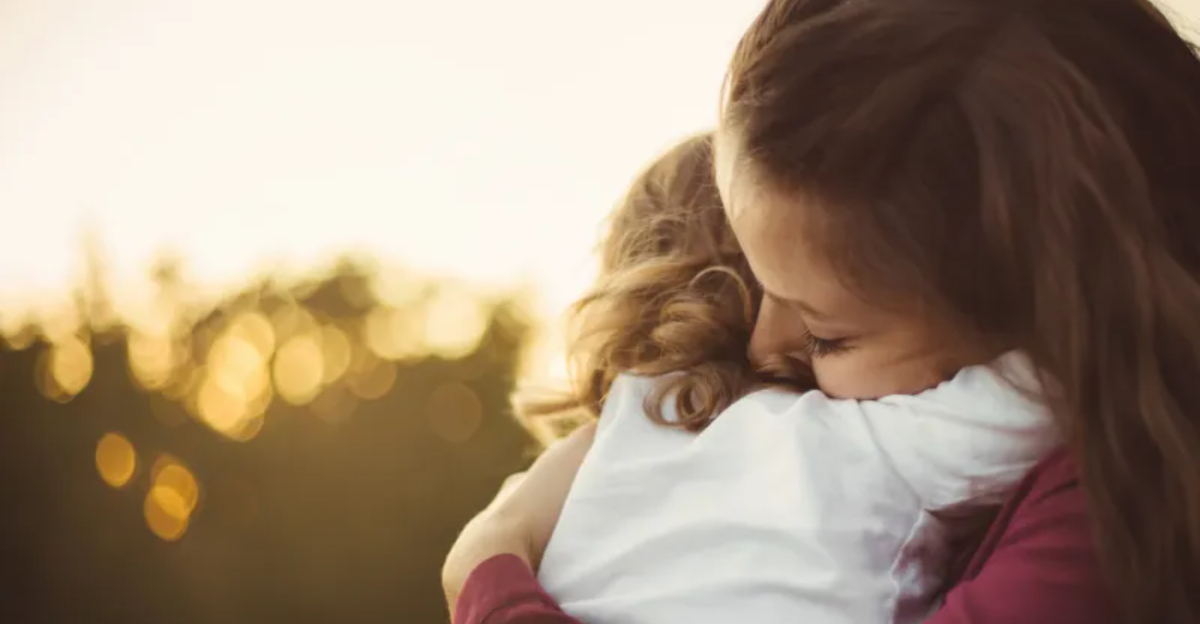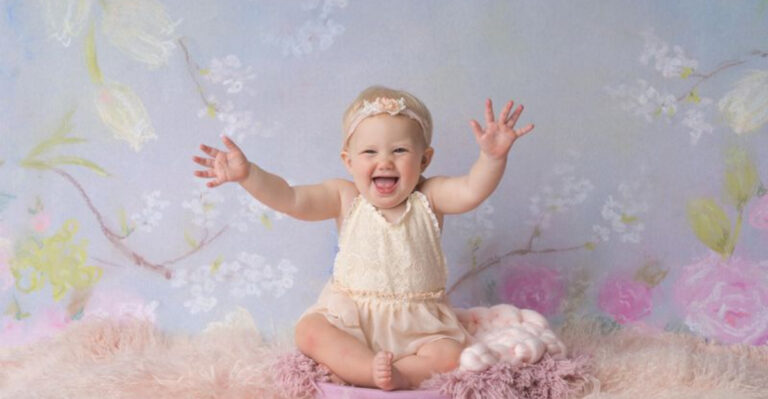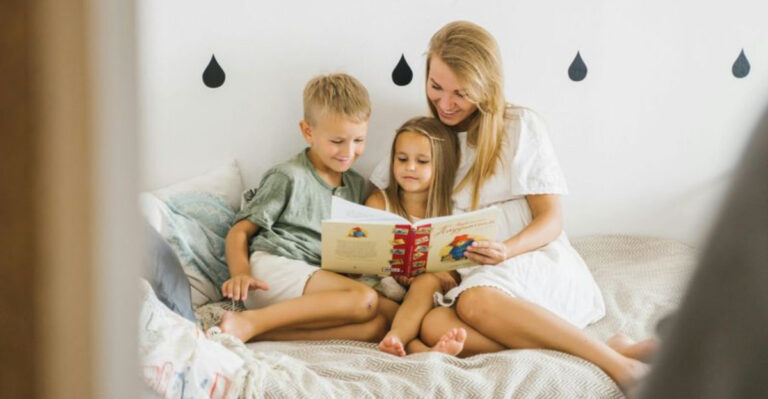18 Things Every Parent Does—That Kids Secretly Remember Forever
You know those things you did as a parent—the ones you thought went unnoticed, the tiny habits that felt so ordinary? Turns out, those are the moments your kids carry with them, long after the toys are boxed up and the bedtime stories fade to a whisper.
I’m not talking about grand gestures or picture-perfect holidays. I mean the real stuff. The perfectly imperfect, everyday choices that left fingerprints on their hearts—whether you meant to or not.
If you’ve ever wondered what’s actually sticking, here it is: these are the 18 things every parent does that kids secretly remember, long after you’ve forgotten.
1. Pausing Everything to Listen
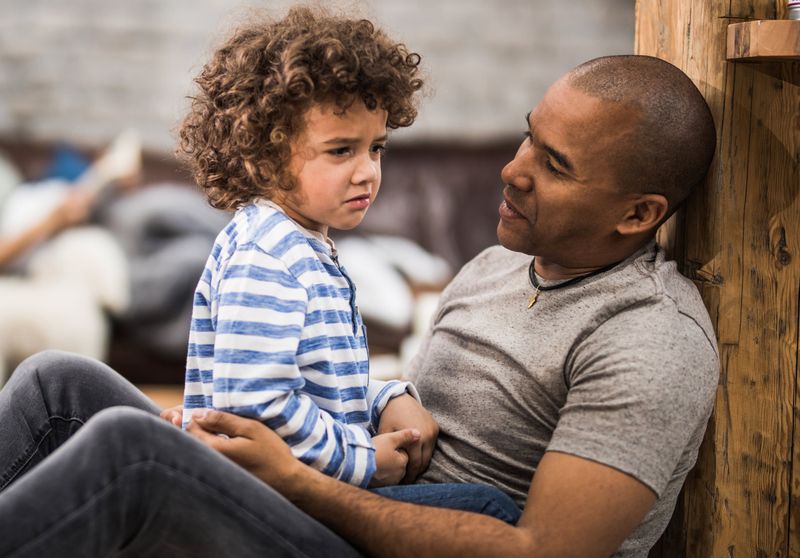
I still remember the way my mom would stop, mid-chore, if I said her name like it was an emergency—even if it wasn’t. She’d kneel down, look me right in the eye, and the whole world shrank to just us for those few minutes.
Kids catch those moments, even if you didn’t give them half the advice you meant to. It wasn’t about the answers; it was about being seen, like what we said actually mattered. That quiet, all-in listening? It’s a rare kind of magic.
It told me early on that I was worth the time. Now, whenever someone gives me their undivided attention, I recognize it for what it is—a little echo of home, a lesson in real connection that sticks, even when you’re all grown up.
2. Hugging Like You Meant It
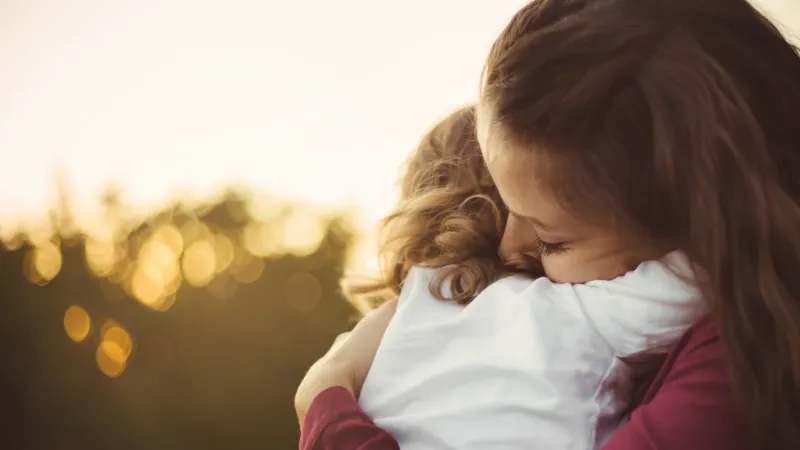
Some hugs don’t just wrap around your shoulders—they settle somewhere deeper. My dad’s hugs always lasted a second longer than I expected, like he was pressing a secret message into my bones: you’re safe.
I remember those hugs when the world felt mean, or when I didn’t do well in school, or after a fight with a friend. There was this silent promise in the way he squeezed me, unafraid to look a little ridiculous if it meant I’d stop spinning out.
Even now, I crave that kind of comfort after a hard day. Honest affection, when you’re too tired to fake it, is the thing kids tuck away and measure all future comfort by. We don’t forget that kind of warmth—it’s the first language we learn.
3. Making Weird Family Rituals

Saturday mornings in my house meant popcorn for breakfast and one movie, no matter what. If we were sick, the tradition moved to the couch. If we argued, we’d still show up—silent, but together.
Traditions don’t have to be fancy or photogenic. Sometimes, the weirdest rituals are the glue: pizza on Fridays, dancing in the kitchen to the same song, a goofy handshake only you understand. Kids remember the reliability, even more than the activities themselves.
Those little routines whisper, “This is who we are, and you belong here.” I still crave those boring, wonderful habits. They sneak into adulthood and suddenly become the things I miss most when life gets unpredictable.
4. Owning Up After Screwing Up
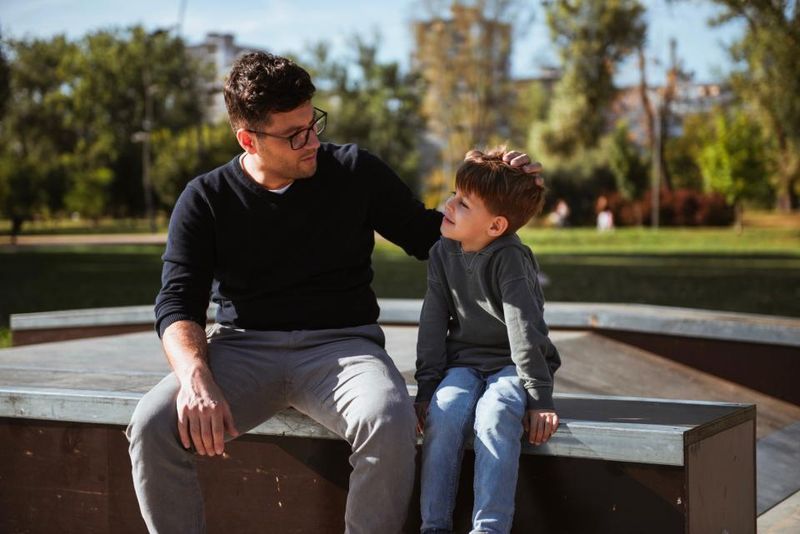
You never forget the day a parent storms out, slams a door, and then—an hour later—comes back to apologize. They look tired and raw, not like a grown-up with all the answers.
The apology doesn’t erase what happened, but it shifts something big. That moment shows you adults mess up too, and it’s okay to say so. No hiding behind pride. No pretending to always be right.
That honesty doesn’t make them smaller—it makes them real. It shows that love isn’t about never screwing up; it’s about what happens next. And that sticks with you way longer than any lecture ever could.
5. Dropping Everything for Play
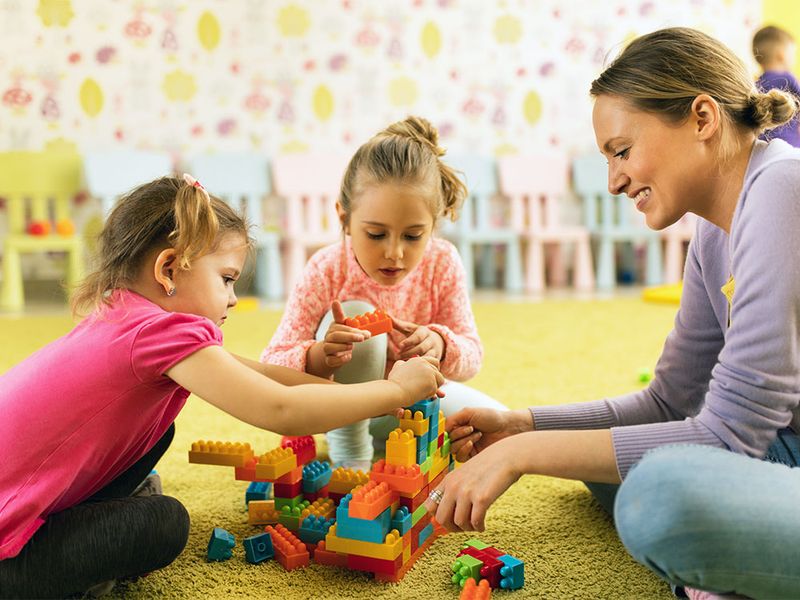
Imagine: A dad comes home from work, tosses his keys on the counter, and barely gets a second to breathe before his kid tackles him. He drops to his knees and becomes a monster, a horse, or a wrestling opponent—even if it means dinner runs late.
Kids know when you’re tired and do it anyway. There’s a kind of wild delight in being chosen over your phone, your emails, or your own exhaustion. That’s the stuff that gets burned in, the memory that says, “You mattered more than anything else in that moment.”
Those five minutes of chaos weigh more than a perfect report card. I still feel it in my bones when I’m too busy to play with my own kids now—and I try to remember how much it meant when someone did it for me.
6. Letting You Fail Without Rescue
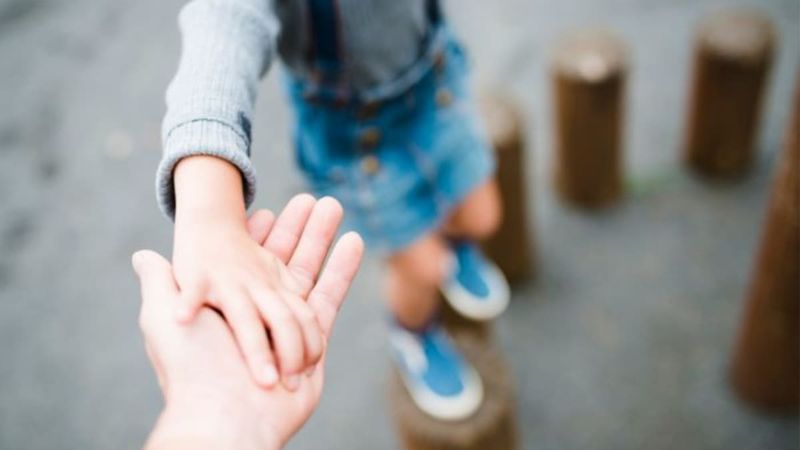
I bet you remember the first time your parent let you bomb a spelling test. They didn’t swoop in to fix the mess. They just handed you a snack and sat next to you while you melted down.
Kids catch the times you didn’t save them. They notice when you let them scrape their knees or mess up big—even when it clearly hurts to watch. That silent support, without a lecture, shows them they can survive mistakes.
It’s a weird kind of love—to stand back and trust that your kid can handle disappointment. But those moments grow legs. They teach grit and remind us that we’re not as fragile as we think—even years later, when the stakes get higher.
7. Laughing Until You Snort

If you ever heard your mom snort-laugh at the dinner table, you know why this matters. My favorite memories are the ones where someone laughed so hard they cried, and nobody cared about the mess.
Kids memorize the sound of real laughter—the silly, unfiltered kind that breaks all the rules of politeness. It’s the sound that tells you it’s okay to be ridiculous, and that grown-ups aren’t robots.
Now, when life feels heavy, I try to find that kind of ugly, contagious joy again. It’s proof that even at your most worn out, your spirit can come back to life, and the people you love will meet you there—messy, loud, and totally themselves.
8. Sharing a Personal Childhood Story
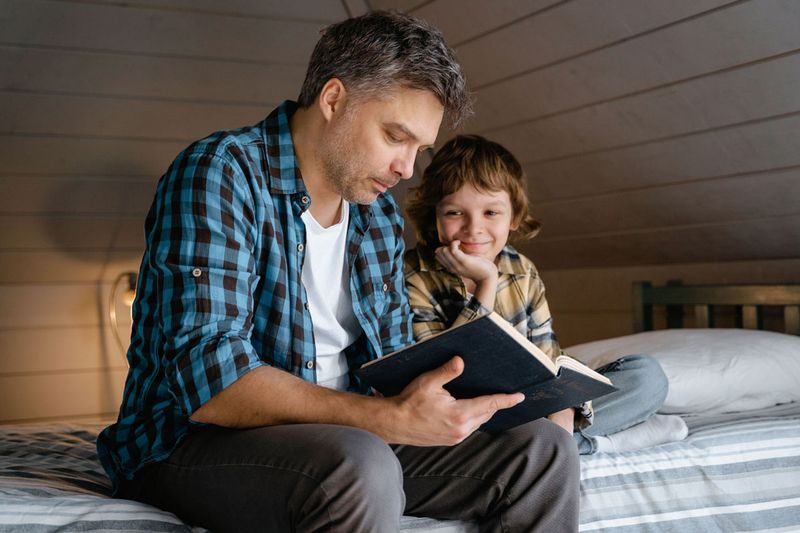
Picture this: One night before bed, your dad tells a story about getting caught stealing jellybeans from a neighbor’s porch. For once, he’s just a kid—not the rule-maker or lecture-giver.
The stories where you mess up, where you felt scared or silly or young, kids remember those. It’s not about making yourself the hero—it’s about letting them peek behind the curtain and see that you were human once, too.
It makes them ask better questions. It reminds them we’re all stumbling through, making it up as we go. Those bedtime confessions stick—the kind that quietly say even grown-ups have growing left to do.
9. Defending Them When No One Else Would
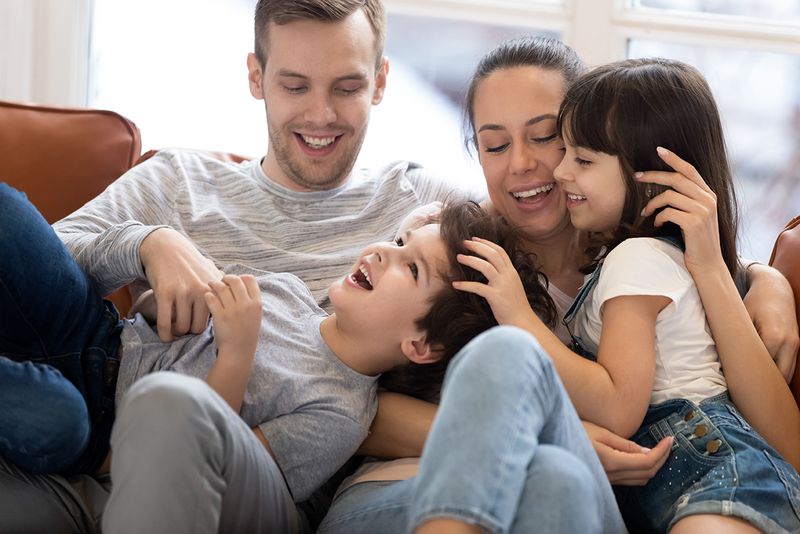
We all remember the first time someone tried to make us small, and our parent stood taller in our corner. My mom didn’t always get it right, but I’ll never forget when she showed up at school and stood between me and a pushy principal.
There’s nothing quite like knowing someone will fight for you—even if it gets awkward or loud or messy. Kids learn how to carry themselves by watching how you protect them, especially when the crowd turns.
That kind of loyalty carves itself deep. It’s not about winning every battle; it’s about believing you’re worth standing up for. I still feel braver walking into rooms because of how she showed up for me.
10. Saying Yes to Something Small, Just Because
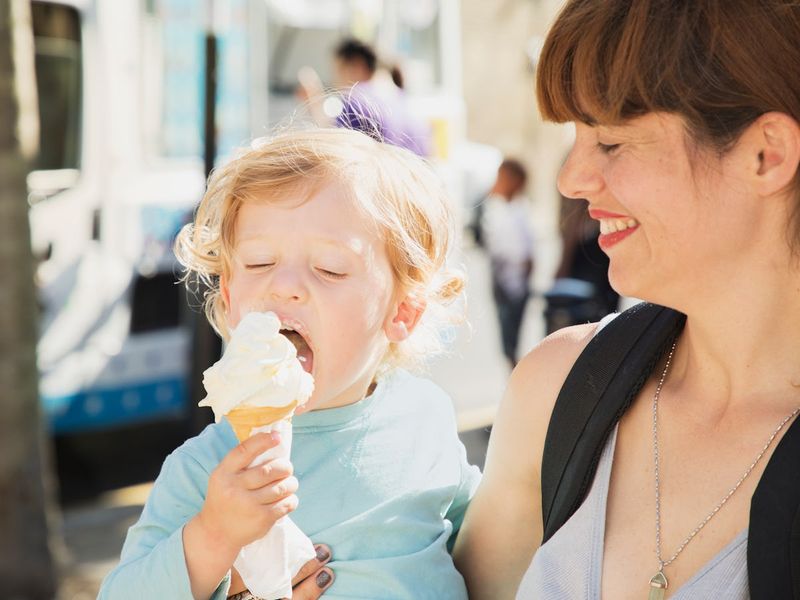
Some of my favorite memories started with a “yes” nobody expected. Like the night we ate dessert before dinner, or when my dad handed me an ice cream cone just because the sun was out.
Kids hold on to the times you broke your own rules—not out of guilt, but out of joy. Those unscripted yeses are little gifts that say, “Life doesn’t have to be so serious all the time.”
I learned to look for joy in the cracks, to say yes to moments that won’t wreck the world if they’re a little sweet and silly. Sometimes, the best lessons are about bending, not breaking.
11. Letting Them Hear You Cry
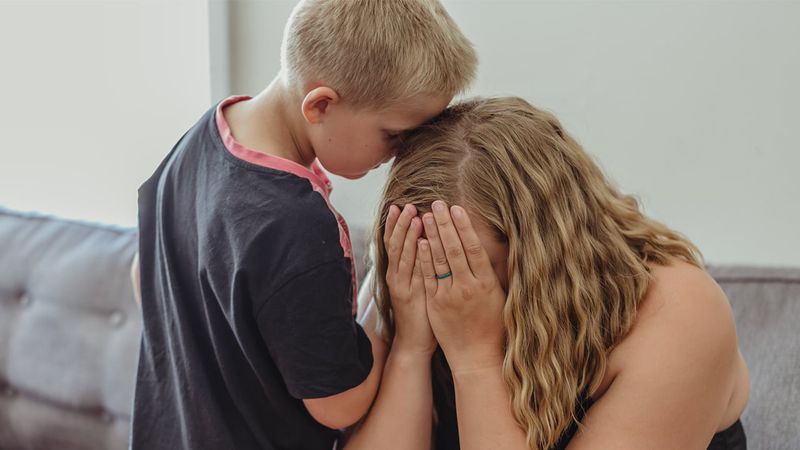
The first time you see a parent cry, you might not know what to do. They don’t hide it—they just sit down and let the tears come, quiet but real.
That moment can rewrite your idea of strength. It’s important for kids to see you as a whole person, pain and all. It’s not about burdening them—it’s about showing that emotions aren’t shameful or dangerous.
It teaches you not to fear sadness or run from other people’s tears. You learn early that feeling is part of the deal, and nobody has to pretend to be okay all the time to be loved.
12. Making Ordinary Moments Feel Like Magic

Sometimes, the best days started off boring—until you get out the sheets and build a castle in the living room. Suddenly, bedtime became a campout, and the world felt new.
Kids remember the magic you make out of nothing. When you’re willing to look silly or invent fun, it doesn’t go unnoticed. It tells them the ordinary can be transformed, and sometimes, you don’t need much more than imagination.
I still catch myself trying to make my own magic when things feel flat. Turns out, it’s not about what you have—it’s about how you see it. That’s a lesson I carry everywhere now.
13. Standing Up for Your Values—Even When It’s Hard

Not every lesson is wrapped in comfort food. I remember the night my dad refused to laugh at a cruel joke, even though it made dinner awkward for everyone else.
Kids watch you most closely when you think they aren’t looking. Your choices—especially the hard ones—show them the difference between fitting in and standing up. It’s not about speeches; it’s about courage in the small moments.
I learned early what mattered in our house, even when the world outside pulled in another direction. I still hear his voice, steady and sure, when I have to pick between what’s easy and what’s right.
14. Celebrating What Makes Them Weird
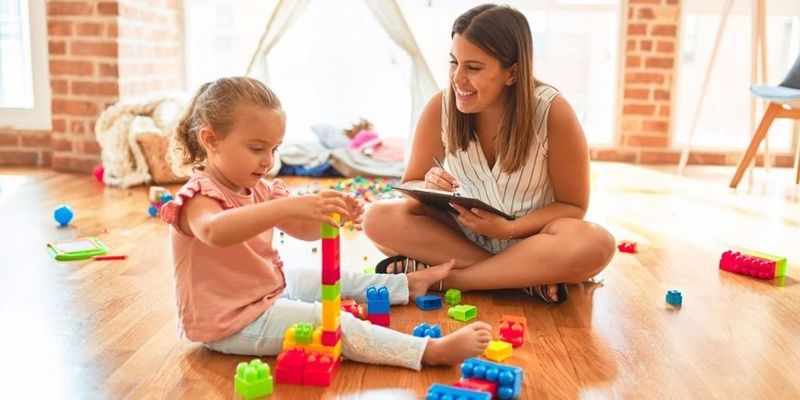
Every kid has a weird obsession—mine was magic tricks and wizard capes. My dad didn’t just tolerate it; he dove in, learning card tricks and letting me drag him to magic shops.
Kids notice when you cheer for what makes them different. It’s easy to clap for the soccer goals or good grades. But when you celebrate their quirks, you give them permission to be fully themselves.
Now, I try to show up for my own kids’ weirdness in the same way—no eye rolls, no rush to make them “normal.” Those moments build a safe place for real identity to grow. That’s love in a funny hat.
15. Being the Grown-Up Who Shows Up
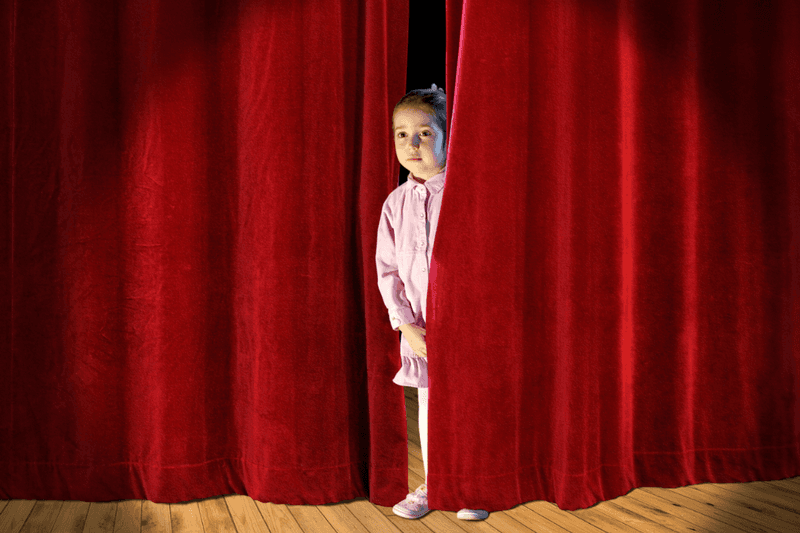
I can still spot my mom’s whoop in any crowd. Whether it was a terrible school play or an endless soccer match, she showed up—loud, proud, and always a little embarrassing.
The faces that showed up for them when it mattered, even when the seats were mostly empty are the ones that stuck with kids. It’s not about perfection or always knowing the right words. Sometimes, presence is the loudest kind of love.
Now, even in rooms full of strangers, I look for the face that’s cheering. I know that showing up—however imperfectly—counts for more than we ever realize at the time.
16. Setting Boundaries Even When It’s Unpopular
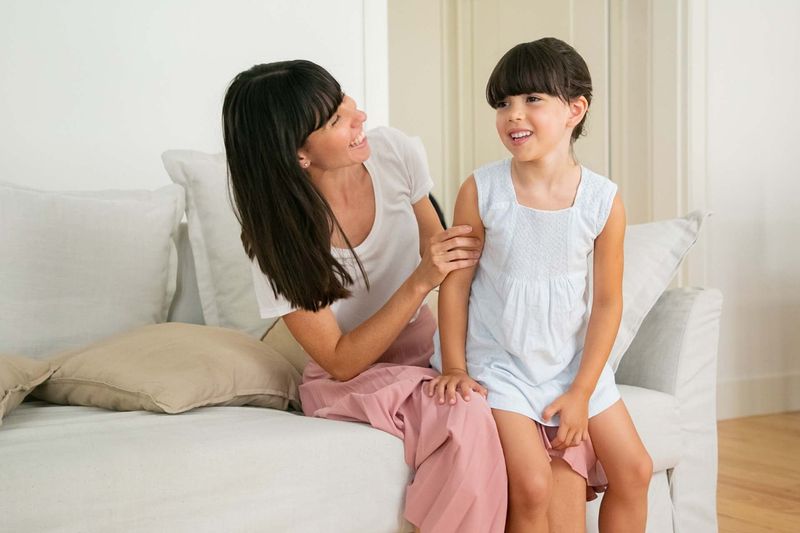
Nobody loves the parent who pulls the plug on fun. But some don’t blink when it’s time to say enough—enough TV, enough sass, enough staying up late.
Kids remember the boundaries, especially the ones that made them mad. Those limits might feel unfair at the time, but later they land like a quiet love letter: “I care enough to say no, even when it’s hard.”
You end up grateful for the edges. They teach you how to keep yourself safe and when to set your own limits—even when it’s not popular. Rules aren’t the enemy—they’re the fence around something precious.
17. Welcoming Their Friends (Even the Loud Ones)

It’s a big deal when your house is the one where everyone’s welcome. Some parents don’t flinch at the tornado of noise, mismatched socks, or the empty fridge that comes with a crowd of kids.
Kids carry with them the grown-ups who made space for the whole messy crew—not just the “good” kids. When you open your door (and your snack cabinet), you’re telling your child their world is big enough for everyone they care about.
Some of the best friendships grow up on those living room floors. That kind of messy hospitality sticks. It teaches that love doesn’t count heads or shoes—it just says, “Come in.”
18. Letting Them Teach You Something New
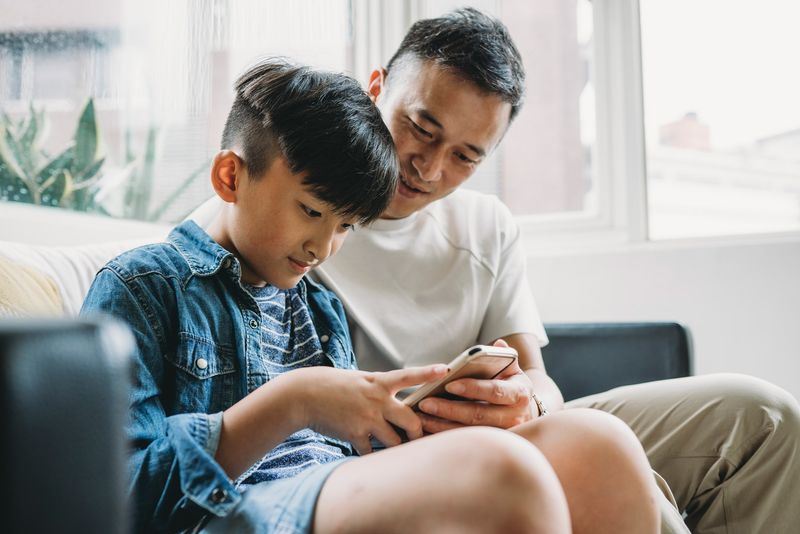
The first time my daughter taught me how to use a new app, I felt ancient—but she was beaming. She loved being the expert for once, guiding me through a world I didn’t understand.
When you let them lead, even in small ways, kids hold that in their hearts. Giving them space to teach you something flips the script and shows trust, respect, and a willingness to learn alongside them.
Now, I try to let go of needing to know everything. Turns out, letting a kid become the teacher is a tiny act of humility—and it sticks with them, long after the lesson’s over.

